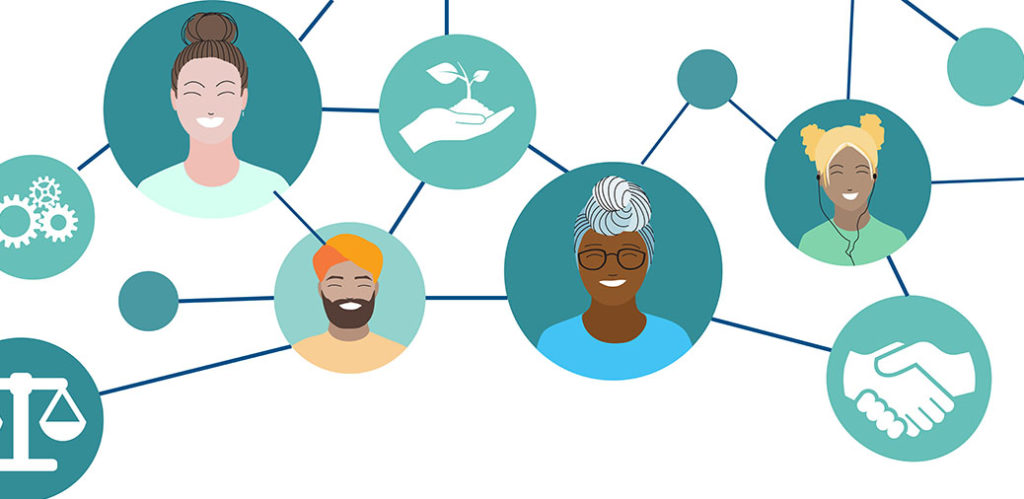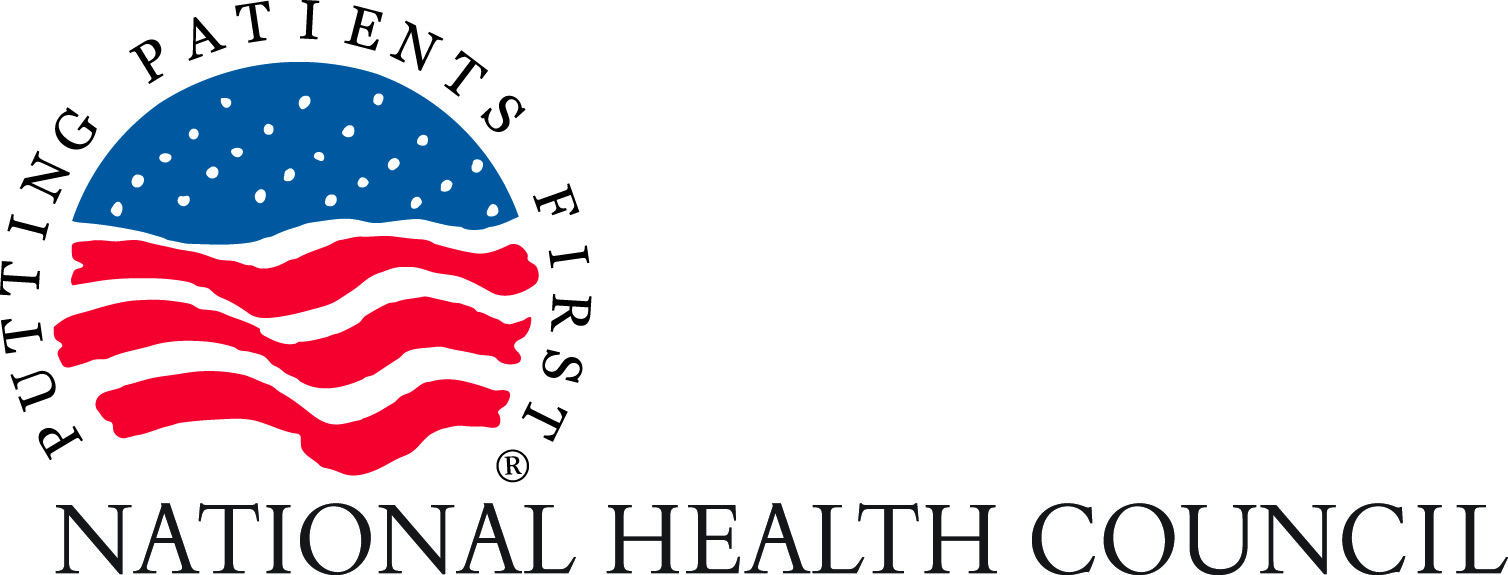

Health Literacy: A Three-Part Series to Support Better Communication
Interested in how to better communicate health and science information? Join the National Health Council (NHC) for an upcoming webinar series, Health Literacy: A Three-Part Series to Support Better Communication. Beginning Friday, Sept. 24, each week we will explore how to ensure your advocacy and scientific communications are developed and delivered in a way your audience will understand. Topics for the series include an Introduction to Health Literacy, Health Literacy Strategies for Advocacy, and Health Literacy for Science Communication. This series is a must-attend for anyone in health and science advocacy, research, and communications.
Introduction to Health Literacy: Your Clear Communication Toolkit
Sept. 24, 12:00 – 2:00 p.m. ET
Clear communication tools are essential for anyone who works in health care. For those new to health literacy or if you just need a refresher, this webinar will provide an overview and ways to apply it to your work. You’ll learn the building blocks of health literacy, including:
- What health literacy is,
- Patient, provider, and health care system barriers to health literacy, and
- Evidence-based health-literacy strategies, to improve written and verbal health communications.
As a reminder, the second hour of this session is a workshop for NHC Members and registrants of the NHC Science of Patient Engagement Symposium only. Workshop materials are available here. Please email Silke Schoch at [email protected] if you have any questions
Health Literacy Strategies for Advocacy
Oct. 1, 12:00 – 2:00 p.m. ET
Research shows that readers prefer simple to complex language and that they are more likely to read, understand, and act on information when it’s presented in plain language. This webinar will provide a deeper dive into the foundational principles of writing health-literate materials, with a focus on advocacy work. In this webinar, you’ll learn how to:
- Create concise materials, break complex information into talking points, and organize your conversation to clearly communicate your message,
- Translate complex policy language into easy-to-understand language; replace or define jargon, and
- Use design elements to create materials that improve and support health literacy.
As a reminder, the second hour of this session is a workshop for NHC Members and registrants of the NHC Science of Patient Engagement Symposium only. Workshop materials are available here. Please email Silke Schoch at [email protected] if you have any questions.
Health Literacy for Science Communication: A Tool to Boost Understanding and Build Trust
Oct. 7, 12:00 – 2:00 p.m. ET
People want and need understandable information about health and science so they can make informed health decisions—now more than ever. However, many science communications are written above a person’s ability to understand. This webinar will provide health-literacy best practices for communicating science, such as strategies to:
- Explain complex topics in an easy-to-understand way,
- Communicate with the public about the scientific process in a way that builds understanding and trust, especially when being faced with uncertainty and evolving facts, and
- Present numbers in a way that people can understand and use them.
Note: The first hour of these webinars will be open to the public. The second hour of the webinar will be an NHC-members and Symposium Registrant-only workshop. If you have any questions about registration for the webinar please contact Silke Schoch at [email protected].
Related Meetings:
2021 Science of Patient Engagement Symposium
08/12/2021Register today for the National Health Council’s (NHC’s) 2021 Science of Patient Engagement Symposium: Achieving Trust in and Trustworthiness of Science. The Symposium will take place virtually on October 13 and 14. It will feature presentations by leading experts and the unique opportunity to engage with medical, scientific, and research leaders from patient groups, nonprofit health organizations, government, and industry.
View More
